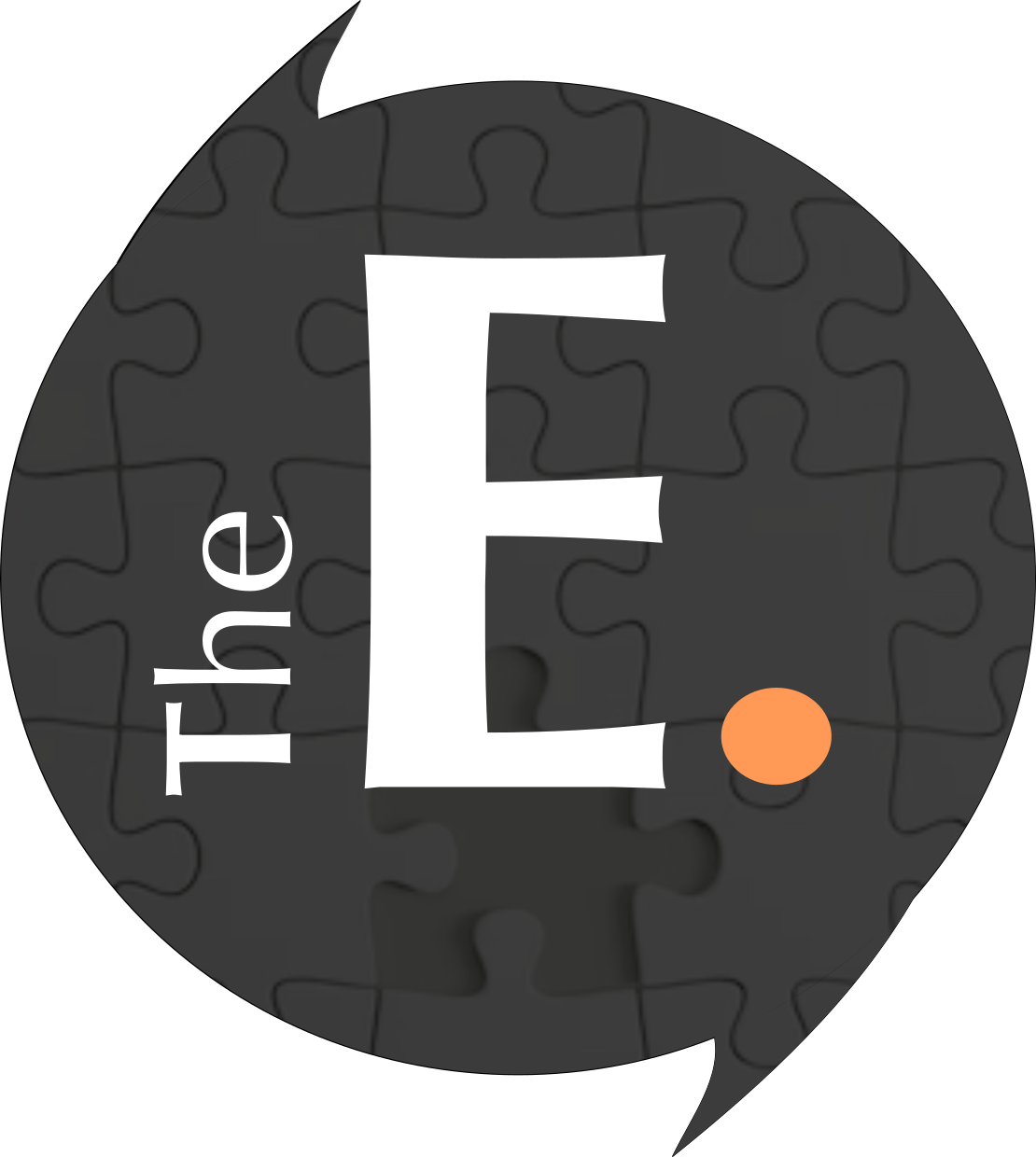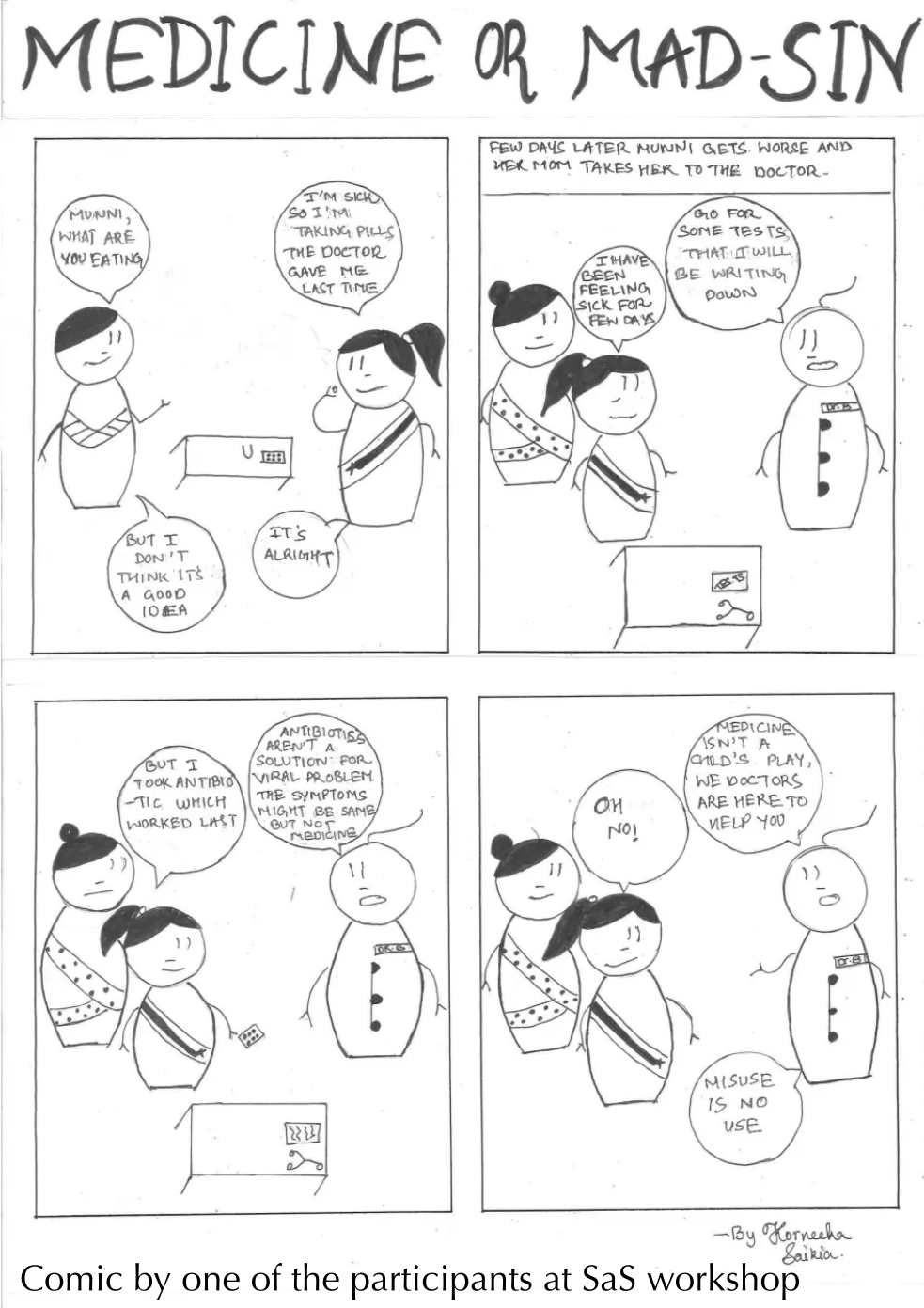Empowering young minds to tackle the antimicrobial resistance crisis
Superheroes against Superbugs or SaS is an amazing community that actively amplifies the voices of medical and scientific communities that tackle the antimicrobial resistance [AMR] crisis. They also play a big role in making students aware and informed about emerging AMR problems in India.
A recent study in Lancet revisited the global impact of AMR estimating about 4.95 million deaths associated with bacterial AMR in 2019 alone. These numbers not only exceed COVID deaths in a year but also those caused by HIV/AIDS and malaria combined. As alarming as the AMR outbreak is, the measures to create its awareness among the masses are highly insufficient.
Initiatives such as SaS recognize this need- “The increasing antibiotic and multidrug resistance (AMR and MDR) in Mycobacterium tuberculosis as well as in many other infectious microorganisms are threats that remain unaddressed in India. The few discussions that occur are in select elite, medical and academic spaces. These realizations gave birth to the Superheroes against Superbugs (SaS) initiative in 2018 that hopes to help people understand the problems of AMR, how it impacts them and how they can contribute to solving the problem.”
SaS members reach out to schools, museums, and public events like science festivals to educate and equip young minds with the right knowledge; so that they then become the ambassadors to fight AMR problems in their local settings. They conduct workshops with multiple simple hands-on activities that explain the science of AMR. “The workshop happens across 3 days with many rounds of discussions with subject experts and healthcare stakeholders like medical doctors, nurses, and pharmacists, as feasible. The discussions also encourage the participants to reflect on their own experiences of antibiotic usage in their households or communities. This enables them to recognize themselves as part of the problem and also the solution”, they explain.
During the workshops, participants are encouraged to showcase their learnings in form of comics, role-play, posters, and peer discussions. “We have seen different student participants relate to different aspects of the problem of AMR. Some relate to the sanitation and hygiene aspect and some with abuse and misuse of antibiotics. We believe this largely depends on the backgrounds of the students themselves and the problems they see around them.”
Further adding about the sustenance of the organization, they say, “We are supported by many volunteers who help us with our workshops. Our workshops are currently conducted in Hyderabad, New Delhi, and Bengaluru. The pilot program was anchored and supported by DBT/Wellcome Trust India Alliance. Some of our resources have been supported by CSIR-Centre for Cellular and Molecular Biology (CCMB), our scientific partner in the program. Our recent SaS fellowship program is supported by Stop Superbugs, an initiative of the British Society for Antimicrobial Chemotherapy (BSAC) and LV Prasad Eye Institute Hyderabad (LVPEI), our administrative partner. Gradually, over 4 years since our first workshop, we are now in a position to scale up our workshops in a structured manner.”
SaS has received huge support from scientists and healthcare experts, adding to its credibility, but its current reach is very limited. To expand its network, SaS is recruiting fellows that will play an instrumental role in advocating for better health policies and healthcare preparedness for AMR, increased investments in AMR-related research, and effective communication.
The flagship fellowship program with three SaS fellows has already begun since January 2022 and aims to reach the cities of Jhansi, Mumbai, Nagpur, and Ludhiana. With their diverse backgrounds (for instance, a veterinary researcher, an educator, and a science engagement practitioner), they plan to devise tools and approaches to engage young minds and new audiences in the fight against AMR.
If you like this article and want to tell us about more such science outreach communities, do get in touch!

